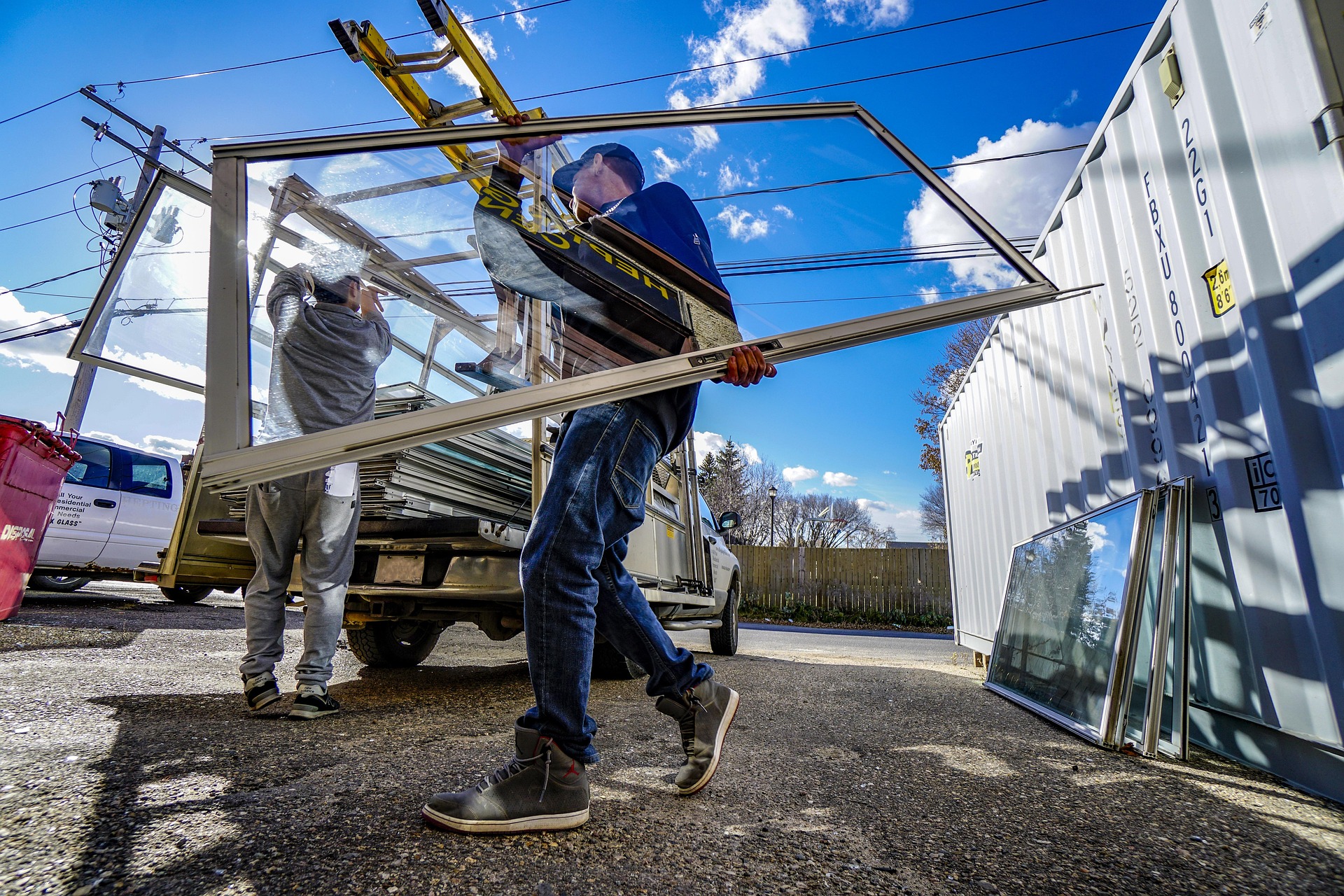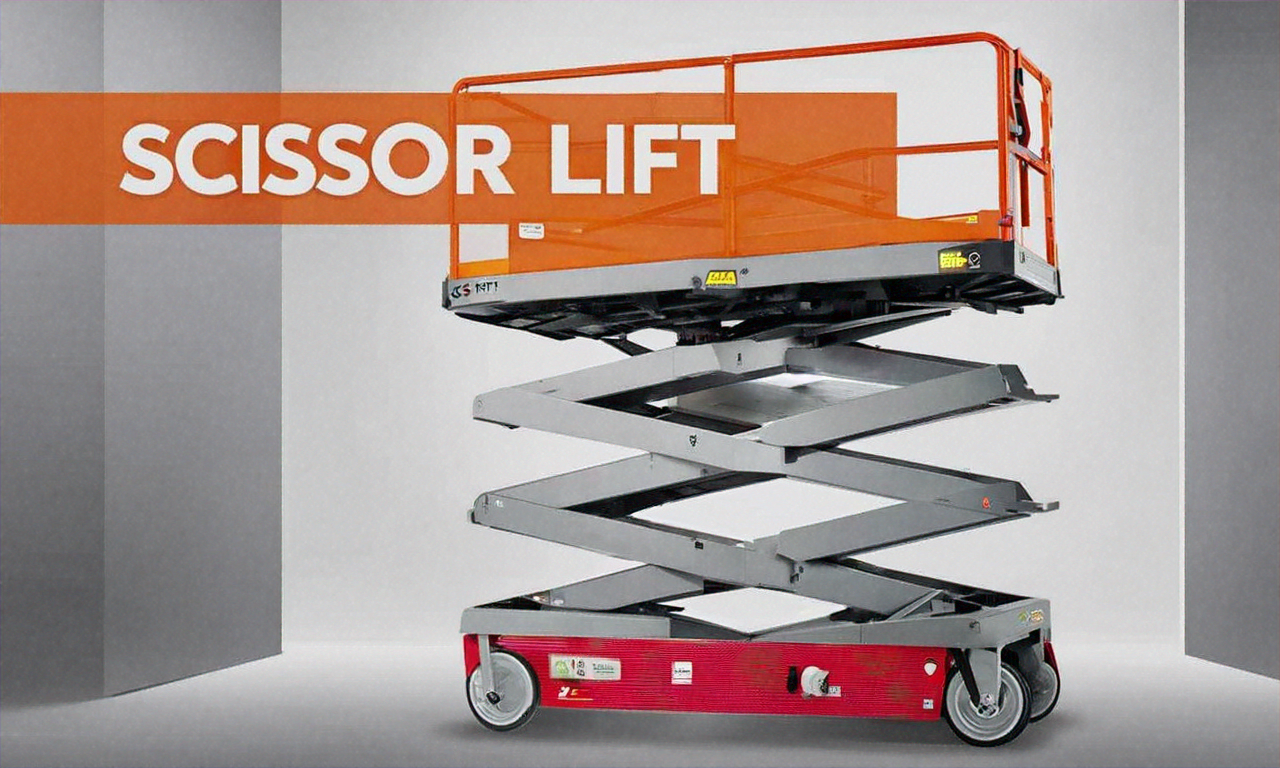Explore helpful tips on small trailers for daily use
Small trailers have become essential tools for homeowners, small business operators, and outdoor enthusiasts who need reliable transportation solutions for everyday tasks. Whether you're hauling landscaping materials, moving furniture, or transporting recreational equipment, understanding how to select, maintain, and efficiently use a compact trailer can save time, money, and frustration. This guide provides practical insights into maximizing the utility of small trailers while ensuring safety and longevity through proper care and operation.
Small trailers offer versatility and convenience for a wide range of daily activities, from weekend projects to regular business operations. Unlike larger trailers that require special licensing and towing equipment, compact trailers typically work with standard vehicles and are easier to maneuver in residential areas and tight spaces. The key to getting the most value from a small trailer lies in understanding design options, essential features, proper loading techniques, and maintenance practices that extend its useful life.
Discover Practical Small Trailer Designs
Small trailers come in various configurations designed for specific purposes. Utility trailers with open beds are ideal for hauling yard waste, construction materials, or bulky items that don’t require weather protection. Enclosed trailers provide security and shelter for tools, equipment, or valuables during transport. Tilt-bed designs simplify loading heavy items like lawn mowers or ATVs by eliminating the need for ramps. Flatbed trailers with removable sides offer flexibility for different load types. When selecting a design, consider your most frequent hauling needs, available storage space, and the towing capacity of your vehicle. Single-axle trailers are lighter and more fuel-efficient, while tandem-axle models provide better stability for heavier loads. Frame construction matters too, with steel frames offering durability and aluminum frames providing rust resistance and lighter weight.
Understand Key Features for Daily Use
Certain features significantly enhance the practicality of small trailers for everyday applications. A proper hitch system matched to your vehicle’s towing capacity ensures safe connections and prevents accidents. Safety chains provide backup security if the primary hitch fails. Working lights, including brake lights, turn signals, and reflectors, are legally required in most jurisdictions and critical for visibility. Tie-down points welded into the frame allow secure fastening of cargo using straps or ropes. A spare tire mount prevents being stranded with a flat. Removable tailgates facilitate loading from multiple angles. Weather-resistant flooring, such as treated wood or non-slip metal, withstands repeated use and exposure to elements. Fenders protect cargo and following vehicles from debris thrown by tires. Consider trailers with adjustable couplers that accommodate different hitch heights, making it easier to switch between towing vehicles. Registration and licensing requirements vary by state, so verify local regulations regarding weight limits, required equipment, and documentation before purchasing.
Get Tips for Efficient Loading and Unloading
Proper loading techniques maximize safety and prevent damage to both trailer and cargo. Always distribute weight evenly across the trailer bed, with slightly more weight toward the front to maintain tongue weight between 10 and 15 percent of total trailer weight. This balance prevents trailer sway and maintains vehicle control. Secure all items with appropriate tie-downs, using ratchet straps for heavy loads and bungee cords for lighter items. Place heavier items on the bottom and toward the center, with lighter cargo on top. Avoid overloading beyond the trailer’s rated capacity, which is typically indicated on a compliance plate attached to the frame. When unloading, remove items systematically from top to bottom and back to front to maintain stability. Use ramps rated for the weight you’re moving, and ensure they’re securely positioned before rolling equipment. For frequent loading of heavy machinery, consider trailers with built-in ramps or tilt mechanisms. Never exceed your vehicle’s towing capacity, which includes the combined weight of trailer and cargo. Check tire pressure before each trip, as proper inflation affects handling and fuel efficiency.
Explore Maintenance Advice for Longevity
Regular maintenance extends trailer life and prevents breakdowns during critical use. Inspect wheel bearings annually and repack them with marine-grade grease, especially if you frequently launch boats or drive through water. Check tire tread depth and sidewall condition monthly, replacing tires that show cracking, bulges, or wear patterns. Trailer tires typically need replacement every three to five years regardless of tread depth due to UV exposure and aging. Examine all lights before each use and carry spare bulbs. Lubricate the coupler mechanism and safety chain attachment points to prevent rust and ensure smooth operation. Inspect the hitch ball for wear and replace it if the surface shows flattening or pitting. Touch up paint chips and scratches promptly to prevent rust from spreading, particularly on steel frames. Store trailers under cover when possible to protect against weather damage. If storing for extended periods, elevate the trailer on blocks to remove weight from tires and suspension components. Flush and lubricate brake systems on trailers equipped with electric or surge brakes according to manufacturer specifications.
Find the Right Trailer for Your Needs
Selecting an appropriate trailer requires evaluating your specific requirements and constraints. Assess the types of loads you’ll transport most frequently and their typical dimensions and weights. Measure your storage area to ensure the trailer fits when not in use. Verify your vehicle’s towing capacity in the owner’s manual, accounting for passengers and cargo already in the vehicle. Consider whether you need a trailer with a title and registration or if your state allows smaller trailers to operate without documentation. Budget for not just the initial purchase but also accessories like additional tie-downs, a trailer lock, and maintenance supplies. New trailers typically come with warranties and meet current safety standards, while used trailers offer cost savings but require thorough inspection for structural integrity, rust, and mechanical condition. Test the hitch fit with your vehicle before finalizing any purchase. Some retailers offer rental programs that let you try different trailer types before committing to ownership, which can be valuable for first-time buyers uncertain about their needs.
Conclusion
Small trailers provide practical solutions for countless daily transportation needs when properly selected, loaded, and maintained. By understanding available designs, prioritizing essential features, following safe loading practices, and performing regular maintenance, owners can maximize their trailer’s utility and lifespan. Whether you’re a homeowner tackling weekend projects or a professional requiring reliable equipment transport, investing time in learning proper trailer use pays dividends in safety, efficiency, and long-term value. Taking these considerations into account ensures your small trailer remains a dependable asset for years of daily use.





